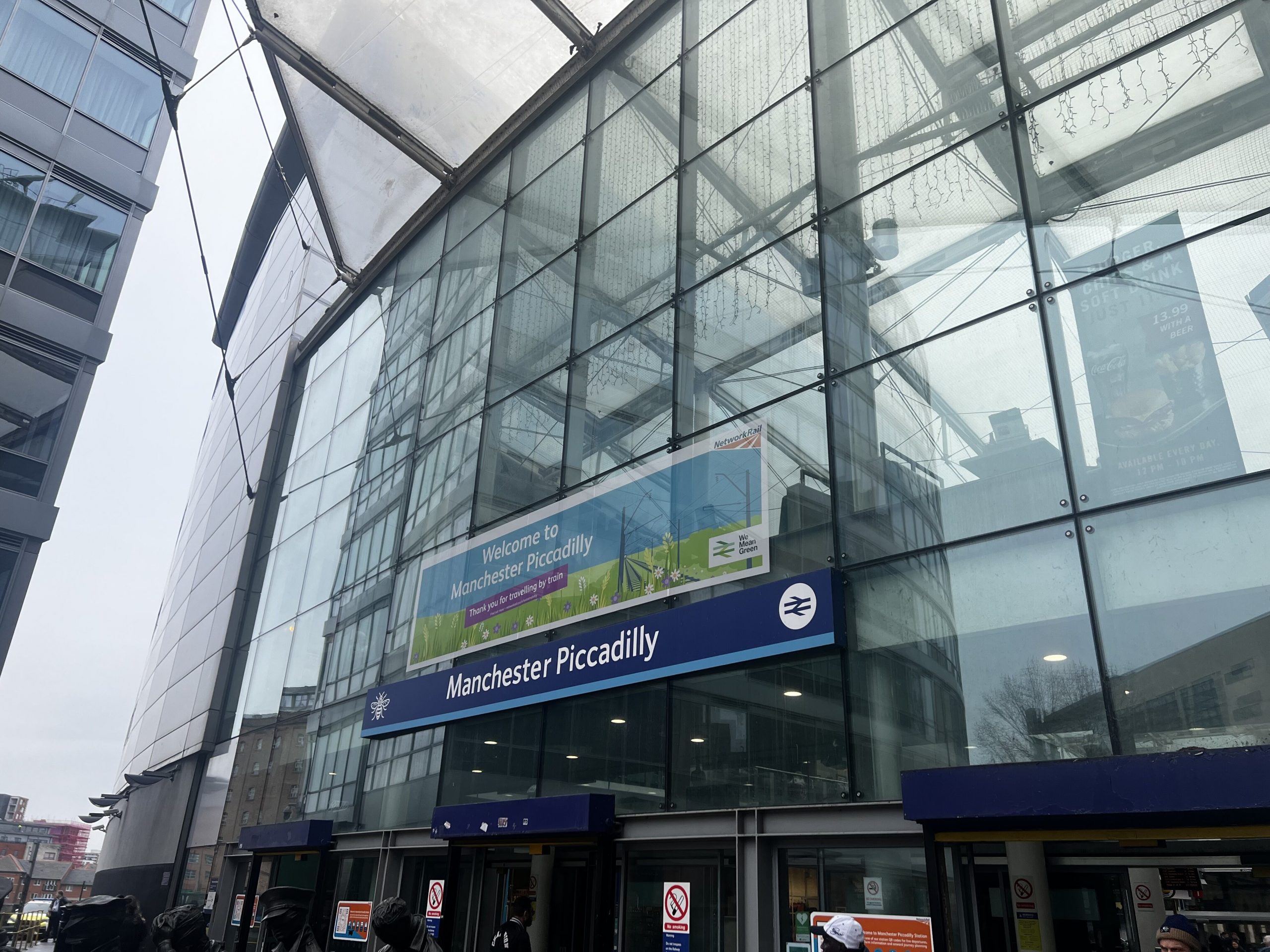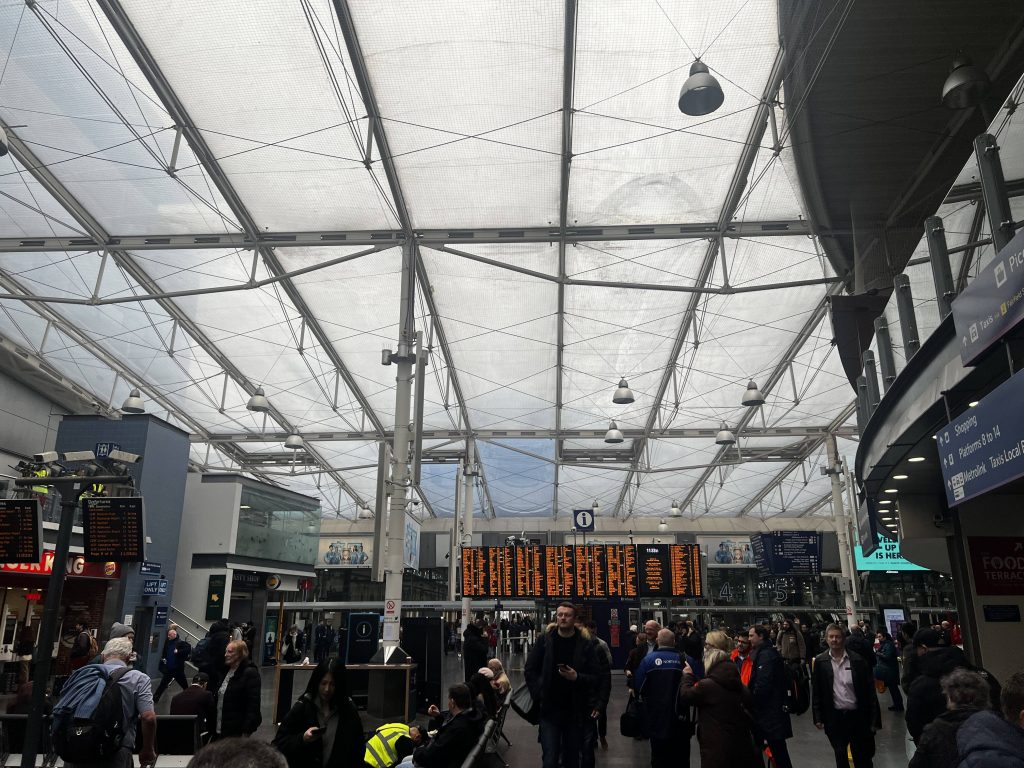
Rail commuters face are facing a new setback amid delays, cancellations and strikes as ticket prices are set to rise by almost five percent.
On March 3, train tickets across the UK will increase by 4.9 percent, the highest possible increase allowed under the government’s cap, announced in December 2023.
The move was reportedly an attempt by Westminster to combat commuter fatigue with cost-of-living issues and train strikes across the board.
The Department for Transport (DfT), which is implementing the increase, claims to have ‘struck the right balance’ between keeping the railways running and financially sustainable, while not overburdening passengers with excessive fare rises as the nation battles with inflation.
However, the price increase, given the mounting reports of issues across the network, has left people confused and angry about any increase at all.
James Malam, an actor who regularly commutes between London and Manchester for auditions and work, said: “Trains from London Euston to Manchester are at least £70 return, and that is with a railcard, and an hour after I had booked it, I got informed my returning train was cancelled.
“The train before my outbound was also cancelled, so the train I ended up getting on was rammed – you think for the amount you’re paying now, that the service would be better.”
According to Skyscanner, a return flight from Manchester to Paris in two weeks time is £34 whereas a standard return from Manchester to London is £76 – meaning it is cheaper to leave the country for a short getaway than it is to visit the capital.

Train fares have increased year on year since 2020 and due to the problems in the economy, a yearly increase could be the norm for more years to come.
The DfT have confirmed this change will only affect ‘regulated’ train fares, which includes: season tickets , anytime day tickets, off-peak tickets and super off peak tickets.
Unregulated fares, which include first class tickets, off peak day tickets and advance any time tickets, are set by rail companies themselves and could go up or down at their own discretion.
Georgina Cash, who travels regularly on trains for work, said: “I think it’s an absolute joke. Train prices are extortionate as is, and with the cost of living, train tickets have just shot up.”
People are also taking their outrage to social media arguing that these increases must be justified, citing they need a reliable service before considering their ticket prices.
A Network Rail employee, who wishes to remain anonymous said: “No one has mentioned it to me yet, but I assume when the hike happens, we will get it in the neck.”
As the DfT has blamed inflation for the increase, it could be a while before prices come back down to the existing level. The last time rail fares came down was in 2019 – when inflation was at 1.8%, according to the ONS.
The ONS also shows the National Inflation rate currently stands at 4.2%, and is coming down, albeit slowly.
The DfT has been contacted for comment.
Will you be affected by the train fare increases? Let us know at @QuaysNews on X and Facebook to get involved with the debate.
